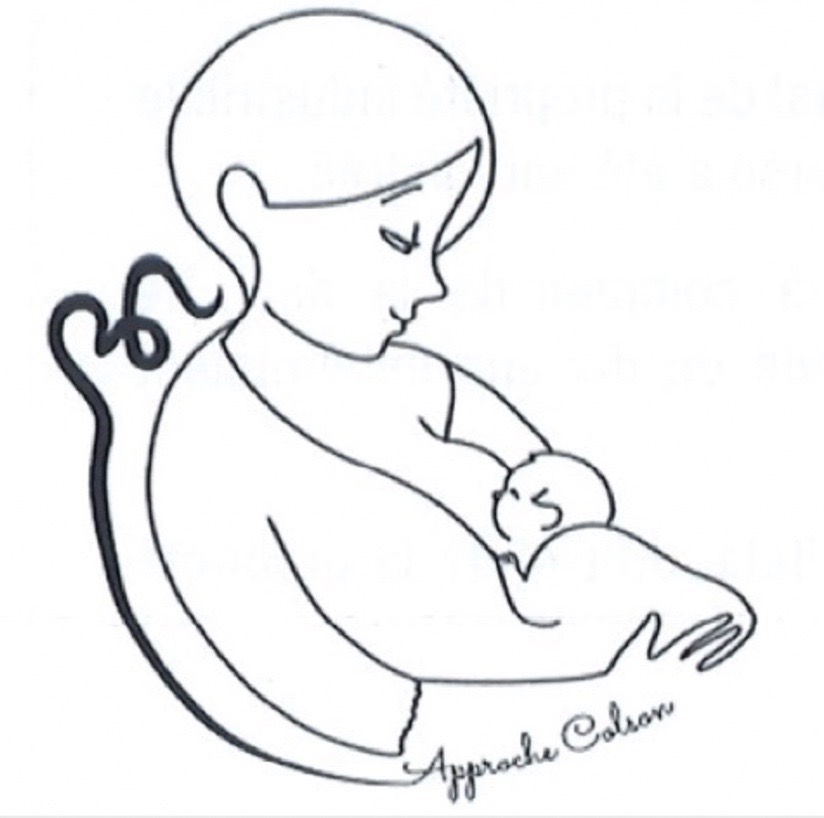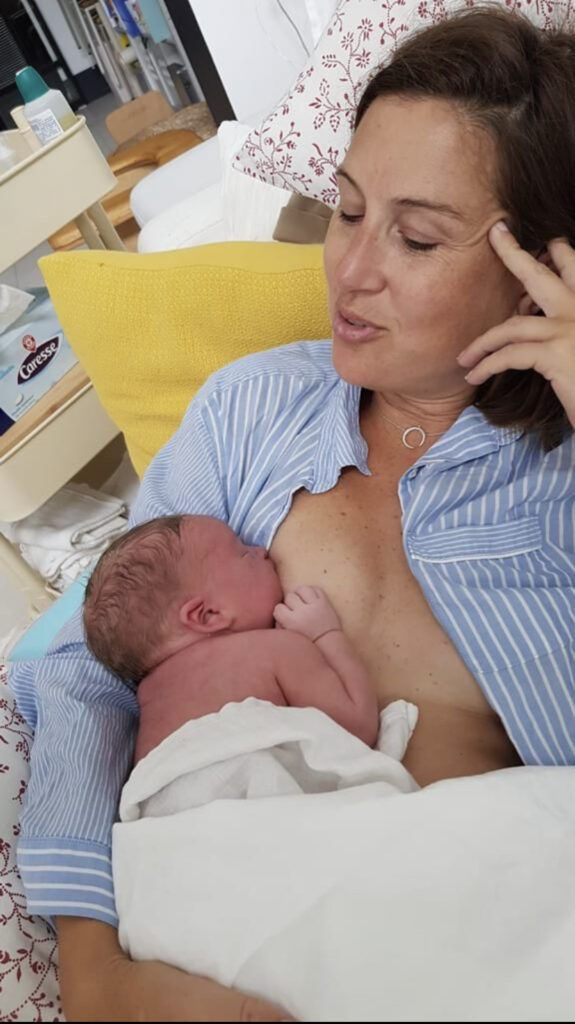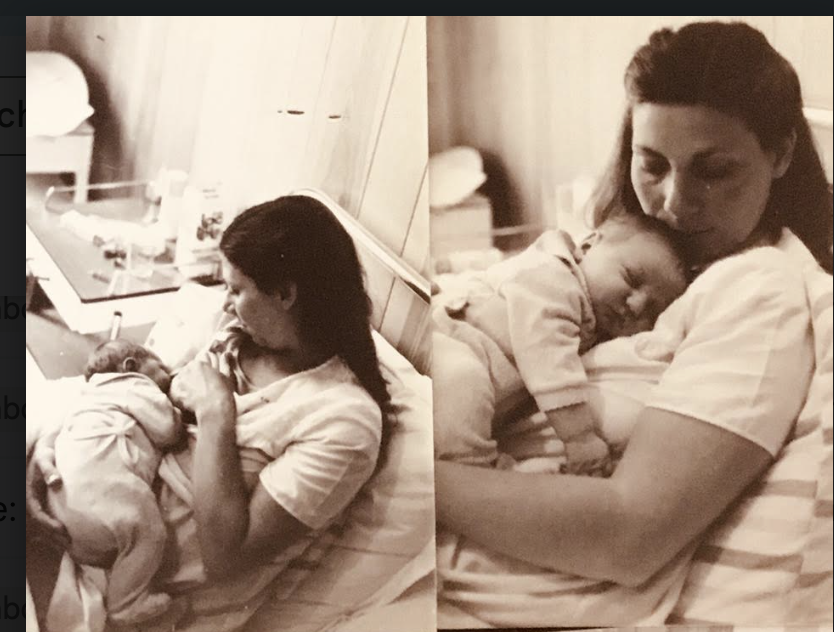The Nurturing Project
The Nurturing Project is a limited company incorporated since 2006 with Joelle COLSON as director. At the time Joelle was mother of one fully breastfed baby boy, and the aim of the company was to disseminate Biological Nurturing research and information. Her mother, Suzanne was just finishing her PhD and publishing results about breastfeeding reflex behaviours. Suzanne and Joelle spent hours discussing the joys of breastfeeding and why didn't more mothers do it.
The Nurturing Project began a series of successful and well attended events in 2008 including large conferences, seminars and BN workshops with international speakers including Ina May Gaskin, Dr Michel Odent, Kathy Kendall Tackett, Kristin Uvnas Moberg and Tina Smillie. At the time, the Womb to World event was hailed "one of the best birth and breastfeeding conferences". Following these successes the Nurturing Project continued to fund Biological Nurturing resources including the production of 2 DVDs, 2 posters, a series of BN drawings by Sue Carter, an abstract BN illustration, book editorial, 3 information sheets and the nurturing booklet that was distributed to over 8000 mothers. As momentum grew, many national breastfeeding charity organisations including La Leche League and the National Childbirth Trust distributed BN resources. Additionally some university hospitals in the USA and in the UK integrated the BN DVD into their staff training to improve breastfeeding support and education.
With the birth of her third baby, Joelle took some time off actively promoting BN and The Nurturing Project had a dormant period during which time Joelle trained as a nurse and doula to further her professional career. Since 2020, she has re-invested in developing Biological Nurturing abroad, specifically working with francophones and focusing on certification workshops. To date over 250 people are certified BN consultants across French territory, Belgium, Switzerland, the Luxembourg, Germany, Tunisia, Morocco, Chile and Spain.
Joelle frequently collaborates with BN certified consultants to disseminate evidence-based information to support breastfeeding mothers. Recent projects include the Wombing-in poster, displayed in a leading Parisian maternity unit, editing a midwifery textbook in Germany for student midwives to include BN information and working on using valid criteria to evaluate milk transfer. Joelle is a published author in English and in French and co-translates published research articles from English to French to add to the bank of French breastfeeding-research information.


